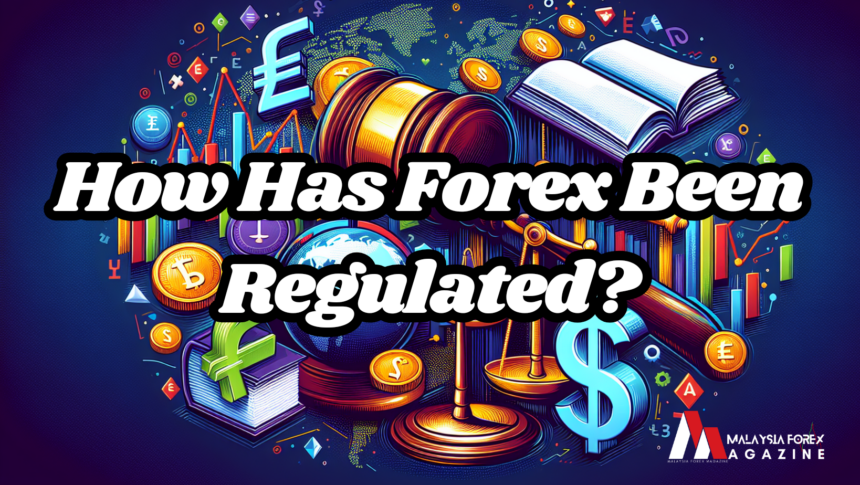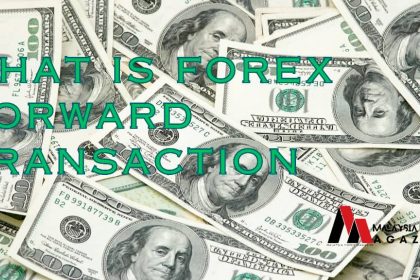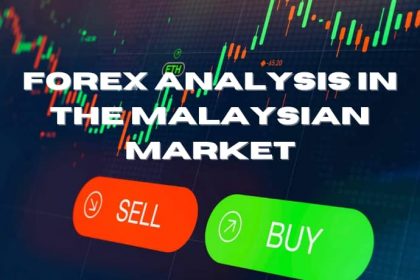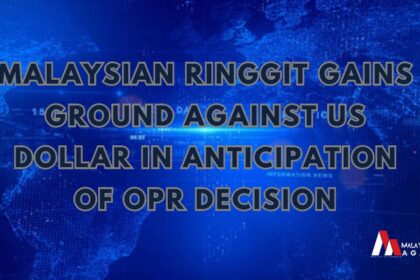The foreign exchange (forex or FX) market is the largest and most liquid financial market in the world, with a daily trading volume exceeding $6 trillion. Given its global nature and the vast amounts of money traded, forex regulation is crucial to maintain market integrity, protect investors, and prevent illicit activities such as money laundering and fraud. Over the years, forex regulation has evolved significantly, shaped by various financial crises, technological advancements, and increased cross-border trade. This article explores the history, current state, and key aspects of forex regulation.
History of Forex Regulation
- Early Beginnings:
- Prior to the 1970s, forex trading was limited and primarily conducted by banks for commercial purposes. The Bretton Woods Agreement of 1944 established fixed exchange rates, and thus, there was minimal need for regulation.
- The collapse of the Bretton Woods system in 1971 led to floating exchange rates, increasing forex market activity and the need for regulatory oversight.
- Emergence of Regulatory Bodies:
- 1980s and 1990s: With the rise of electronic trading platforms, retail forex trading became more accessible, prompting the need for formal regulation. Countries began to establish regulatory bodies to oversee financial markets, including forex.
- United States: The Commodity Futures Trading Commission (CFTC) and the National Futures Association (NFA) were established to regulate the futures and commodities markets, including forex.
- United Kingdom: The Financial Services Authority (FSA) was formed in 1985, later replaced by the Financial Conduct Authority (FCA) in 2013, to oversee financial markets and firms.
Key Aspects of Forex Regulation
- Licensing and Registration:
- Forex brokers and dealers must obtain licenses from relevant regulatory authorities to operate legally. This ensures that only qualified and compliant entities participate in the market.
- Licensing requirements typically include adequate capitalization, robust risk management systems, and compliance with anti-money laundering (AML) regulations.
- Transparency and Reporting:
- Regulators mandate regular reporting from forex brokers, including transaction details, financial statements, and client fund segregation. This enhances market transparency and helps detect fraudulent activities.
- Brokers must also provide clients with clear and accurate information about trading conditions, fees, and potential risks.
- Leverage Limits:
- To protect retail investors from excessive risk, many regulators impose leverage limits. For instance, in the US, the maximum leverage for major currency pairs is 50:1, while in Europe, it is 30:1 for retail clients.
- Leverage limits aim to prevent significant losses that could arise from high-risk trading strategies.
- Client Fund Protection:
- Regulators require forex brokers to segregate client funds from their operational funds. This ensures that client money is protected in case the broker faces financial difficulties.
- Some jurisdictions also have compensation schemes that protect investors if a broker becomes insolvent.
- Conduct and Ethics:
- Forex brokers must adhere to strict codes of conduct and ethical standards. This includes fair trading practices, best execution policies, and avoiding conflicts of interest.
- Regulators conduct regular audits and inspections to ensure compliance with these standards.
Global Regulatory Landscape
- United States:
- The CFTC and NFA oversee the forex market, focusing on preventing fraud, ensuring market integrity, and protecting retail investors.
- Stringent requirements include mandatory registration, capital adequacy, and regular reporting.
- Europe:
- The European Securities and Markets Authority (ESMA) coordinates regulation across EU member states. ESMA’s guidelines on leverage limits, negative balance protection, and marketing restrictions aim to enhance investor protection.
- National regulators, such as the FCA in the UK and BaFin in Germany, implement ESMA’s directives and oversee local market participants.
- Asia-Pacific:
- Countries like Australia (regulated by the Australian Securities and Investments Commission, ASIC) and Japan (regulated by the Financial Services Agency, FSA) have robust regulatory frameworks.
- These regulators emphasize transparency, client protection, and financial stability.
- Emerging Markets:
- In regions like Africa and the Middle East, forex regulation is still developing. However, major financial hubs like South Africa (regulated by the Financial Sector Conduct Authority, FSCA) are adopting more comprehensive regulatory standards.
Challenges and Future Directions
- Technological Advancements:
- The rise of algorithmic trading, cryptocurrencies, and decentralized finance (DeFi) poses new regulatory challenges. Regulators must adapt to ensure these innovations do not compromise market integrity or investor protection.
- Global Coordination:
- Forex trading is inherently global, necessitating cooperation among international regulators. Harmonizing regulatory standards can help prevent regulatory arbitrage and ensure a level playing field.
- Cybersecurity:
- With increasing cyber threats, regulators and market participants must prioritize cybersecurity to protect sensitive financial data and maintain trust in the forex market.
- Retail Investor Education:
- Educating retail investors about the risks and intricacies of forex trading is crucial. Regulators and brokers should invest in comprehensive educational resources to promote informed trading decisions.
Conclusion
Forex regulation has come a long way from its early days, evolving to address the complexities of a dynamic and global market. Robust regulatory frameworks are essential to maintain market integrity, protect investors, and ensure fair and transparent trading practices. As the forex market continues to evolve, regulators must remain vigilant and adaptable, addressing emerging challenges and fostering a safe trading environment for all participants.











